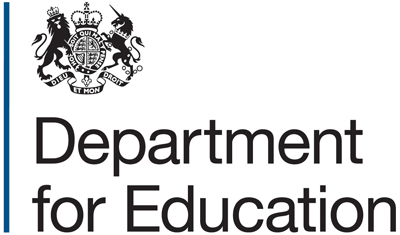In response to the announcement today (24/02/22) from the Department for Education on their response to the Augar review, University Alliance CEO Vanessa Wilson said:
“If our ambition as a nation is to be a highly skilled, productive economy competing on the global stage, then we will need more people living in every part of the UK to be educated to degree level or higher. It is time for policy-makers and politicians to take a rounded view of higher education funding as an investment into the future of this great nation.
The introduction of measures such as student number caps or minimum entry requirements would reduce access to higher education. These proposals fly in the face of demands from students and the economy and would be guaranteed to level-down, not up.
We welcome an uplift in grant funding and hope the implementation of the state scholarship will indeed reflect the diversity of the sector and modes of study. However, a freeze in tuition fees, which equates to a real-terms funding cut, would be at total odds with the government’s commitment to increasing quality in higher education. Universities are constantly adapting and innovating to deliver more and better student support, ever higher quality teaching and expanding support within their local communities. This all comes at a cost and with any reduction in funding, something will have to give.”
On a continued tuition fee freeze:
“This proposal is at total odds with the government’s stated commitment to increasing quality in higher education and with calls on universities to expand their roles in working with local school and colleges. Universities are constantly adapting and innovating to deliver more and better student support, ever higher quality teaching and expanding support within their local communities. Continuous improvement requires continuous investment.”
On student number caps:
“Introducing student number caps based on flawed student outcomes data will serve only to deny industry the skills it needs to thrive and will hit the very communities targeted as part of the government’s levelling up agenda. It will disproportionately affect subjects such as the creative arts, where the data does not accurately reflect career success, cutting off the skills supply to the cultural industries, the UK’s fastest growing industry. Employers need graduates with a wide range of skills, and this policy move would simply catapult the country into huge skills shortages. ”
On minimum entry requirements:
“The introduction of minimum entry requirements would be disastrous for the government’s levelling up agenda. It would disproportionately deny opportunity to the most disadvantaged parts of the country where school attainment is significantly lower across the board. Whilst richer students who do not meet the minimum entry requirements will be able to simply pay their own way, poorer students will once again be denied access to higher education. ”
On changes to student loans:
“Lowering the repayment threshold is an attempt to make surface changes to a student finance system which is fundamentally broken, and it shifts more of the burden on to lower paid graduates at a time when they can least afford it. Changes to interest rates will only benefit higher earning graduates. What is needed instead is a new funding settlement for post-18 education which is fair and sustainable for all graduates, higher education providers and the taxpayer.”




